9 Ways to tell if you have a nutrient deficiency

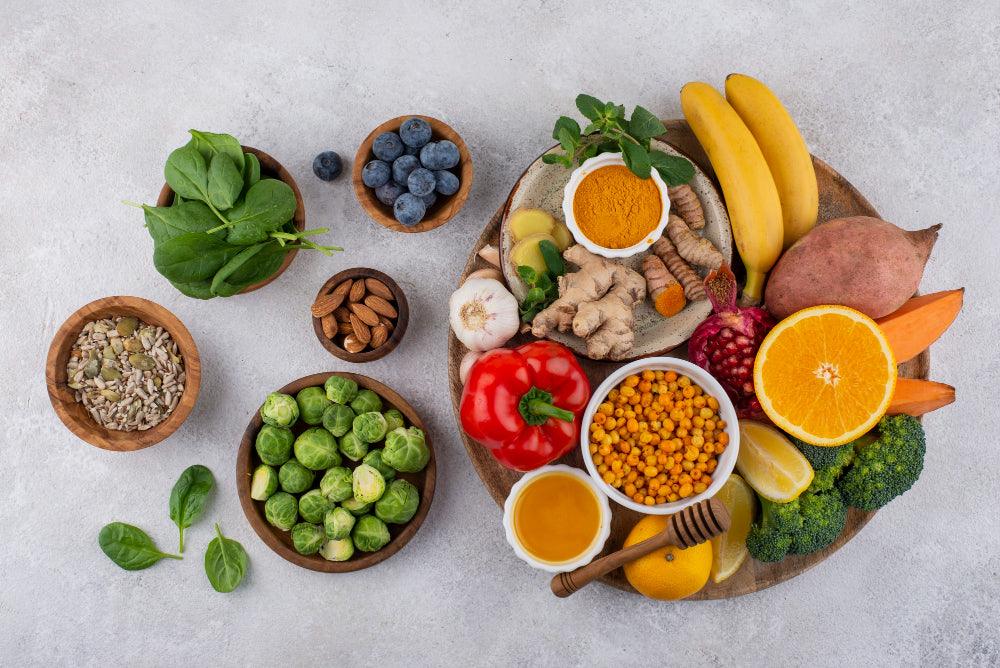
Related products

What’s covered?
Is your body trying to tell you something? The condition of your skin, hair, fingernails, ears, and mouth are all indicators of your body's health and nutrition. So it's no surprise that nutrient deficiencies are becoming more prevalent throughout the globe.
To view our Vitamin Deficiency Test, click here.
Why do we get nutrient deficiencies?
A lack of dietary variation, exercise, vitamins, and increased stress levels impacts the quality of nutrients in our bodies. If you aren't getting enough nutrients, your body will let you know in several ways.
Your body needs various vitamins and minerals for overall health and illness prevention. Micronutrients are the nutrients that help our bodies. You have a nutrient deficiency when your body does not get enough of a nutrient or cannot supply enough of it. If this continues for an extended period, it could become serious. Here are 9 ways to tell if you have a nutrient deficiency.
What is the reason for nutrient deficiencies?
A nutrition shortage occurs when the body cannot receive the nutrients it requires (nutrients are substances that are important for growth development). There's a huge amount of vitamin imbalance which is not known. Many times symptoms lead to an examination revealing deficiency.
Common nutrient deficiencies
Common nutrient deficiencies, according to healthspan, include iron, calcium, vitamin D, folate/folic acid, iodine, magnesium, omega-3 fats and fibre. Below details 9 ways to help you identify whether or not you may have a nutrient deficiency.
-
You have night vision issues and white growths in the eyes
A nutrient-deficient diet might cause eyesight difficulties in certain people. Low vitamin A levels are associated with night blindness, which impairs people's capability to see in darkness or low light. Also, night blindness may develop into xerophthalmia, a condition that damages the cornea and eventually causes blindness if left untreated. Hence, if you have difficulty seeing at night, you may be able to enhance your vision by consuming more vitamin A-rich foods. Vitamin A is essential for the production of rhodopsin; a molecule found in the eyes' retinas that assists in night vision.
Furthermore, a vitamin A shortage might result in raised white pimples on the whites of your eyes. The only method to get rid of these white spots, also known as Bitot's spots, is to consume more unprocessed meats, orange-coloured vegetables, eggs, and dairy products in your regular diet.
-
There are sores around your mouth
Inadequate consumption of certain micronutrients may be associated with sores in and around the mouth. For example, mouth ulcers, often known as mouth sores, are frequently caused by iron or vitamin B deficits. According to a case study, individuals with mouth ulcers had reduced iron levels, particularly vitamins B1, B2, and B6. Meat, fish, nuts, whole grains, and green leafy vegetables are all high in iron-rich B vitamins.
-
Your gums are bleeding
Bleeding gums may be caused by a hard teeth brushing method, but a vitamin C deficient diet can also cause them. In addition, you may develop rough skin and have repeated nosebleeds if you lack this vitamin. Vitamin C aids in the development of the immune system, the healing of wounds, and the prevention of cell damage.
Since your body cannot produce vitamin C on its own, you must consume it to ensure adequate levels. In addition, this essential vitamin is abundant in certain fruits and vegetables, which must be consumed daily.
-
You have brittle nails and hair
Biotin deficiency is uncommon, but the most apparent signs are brittle, thinned, or splitting hair and nails when it does develop. Also, chronic weariness, muscular cramps, and tingling in your limbs are other indicators of a biotin deficit. This nutrient deficiency is most common in pregnant women, cigarette smokers, alcohol drinkers, and people with digestive diseases such as Crohn's disease.
Vitamin B7, or biotin, is a nutrient that aids in converting food into energy. Foods high in biotin include unprocessed meats, cauliflower, dairy products, bananas, whole grains, avocados, and nuts.
-
You have dandruff and scaly scalp skin
Seborrheic dermatitis (SB) and dandruff are two skin conditions that affect the body's oil glands. Dandruff is typically localised to the scalp, although seborrheic dermatitis can also affect the face, armpits, upper chest, and groin. These skin issues are most prevalent in the first three months of life, throughout puberty, and in mid-adulthood.
While the connection between a nutrient-deficient diet and these skin conditions is uncertain, people with dandruff or seborrheic dermatitis may benefit from boosting their vitamin consumption. Whole grains, chicken, fish, organ meats, eggs, dairy, legumes, starchy and green vegetables, seeds, and nuts are high in niacin, pyridoxine, and riboflavin.
To see our information and products about Dandruff, click here.
-
There are red or white bumps on your skin
Keratosis pilaris is a skin disorder that causes bumps on the face, arms, thighs, and buttocks. It also occurs if you have low vitamin A or C levels. Therefore, individuals with this problem might consider adding foods high in vitamins A and C to their diet and standard therapies such as medicated lotions. Some foods to add to your diet are unprocessed meats, dairy, eggs, fish, dark leafy greens, yellow-orange coloured vegetables, and fruit.
-
If you experience bone weakness or rickets
Suppose you suffer symptoms such as bone pain, muscle aches, or myalgia. In that case, you may be deficient in vitamin D. Numerous variables contribute to the shortage, which may also be risk factors. Limited exposure to sunshine, dark skin, inflammatory bowel illness, and other disorders that promote malabsorption of the vitamin are only a few of them. Vegans and vegetarians may also be in danger since fish, dairy, and chicken are the most significant natural sources of vitamin D.
Thus, the easiest method to avoid vitamin D insufficiency is to include the right foods in your diet and get frequent morning sun exposure. Alternatively, vitamin supplements are available.
-
You have severe hair loss
Several individuals lose roughly 100 pieces of hair every day, and seeing them on your pillow or in your shower drain is cause for concern and should be discussed with your doctor. This hair fall occurs when your body lacks vitamins B3, B7 and zinc. Also, it might be a symptom of something more serious, like thyroid problems, unexpected weight gain or loss, and low iron levels, all of which can decrease your energy.
Meat, fish, whole grains, dairy, nuts, legumes, seeds, and leafy greens are all high in Vitamin B3 (Niacin). Additionally, biotin (vitamin B7) is abundant in egg yolks and organ meat. Furthermore, many supplements help to prevent hair from falling out. Many of them include a mix of the nutrients listed above and many others.
To see our Hair Loss information page, click here.
-
If you have restless leg syndrome
Restless Leg Syndrome, also called Willis-Ekbom illness, is a nerve ailment that produces unpleasant or painful feelings in the legs and an insatiable need to move them. Women are twice as likely to suffer from RLS. When most individuals are resting or attempting to sleep, the need to move tends to increase.
While the specific causes of RLS are unknown, there seems to be a correlation between its symptoms and low iron levels in the blood. Increased consumption of iron-rich foods, such as meat, chicken, fish, nuts, seeds, legumes, dark leafy greens, and whole grains, may be advantageous since greater iron intake tends to lessen symptoms. Combining these iron-rich meals with vitamin-C-rich fruits and vegetables, which may enhance iron absorption, may be very beneficial.
Methods to combat these deficiencies
As cliché as that may sound, the daily schedules of life seem quite hectic to everyone. To reduce our frustration with the lack of sleep we aim to maximise our time & get the most out of the day - i.e. take shortcuts wherever - and whenever. Cooking nutritious meals is sometimes left out. Availability is paramount, and a growing number of processed foods and snack foods can cause vitamin deficiencies. If you have low-calorie diets and lack adequate nutrients, it will negatively impact your health and mental health. Therefore, take that extra bit of time to make yourself a tasty nutritious meal to make sure that you do get all the nutrients your body needs to thrive.
At the end of the day
After all, the easiest method to find out if you have a nutrient deficiency is to see your doctor and have your nutrient levels checked through blood testing. It is critical to get these vital nutrients checked regularly. Instead of guessing your levels of these and other nutrients, your physician should test them every year as part of standard blood work.
For a full range of blood tests and medications, visit our Welzo Online Pharmacy Page. For more details, click here.







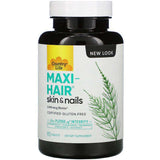
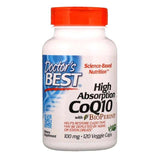

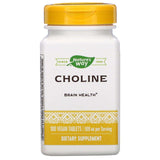



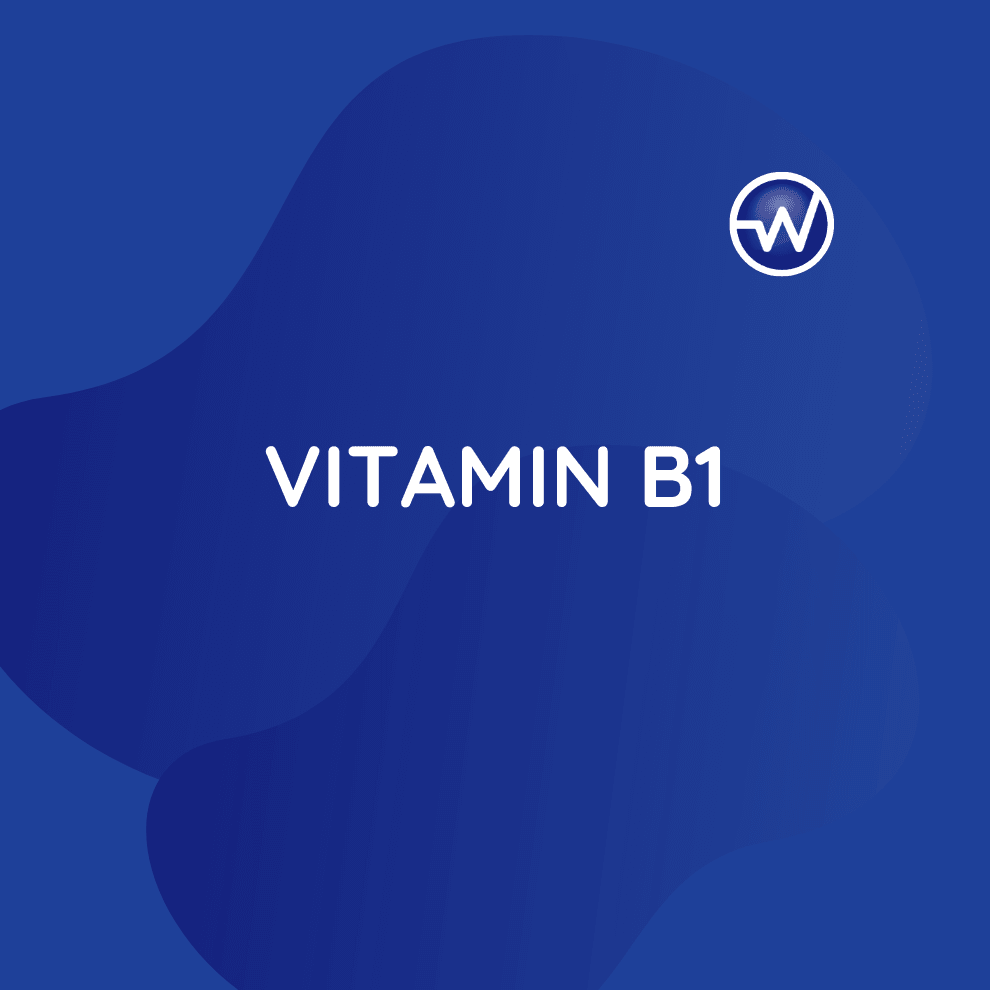
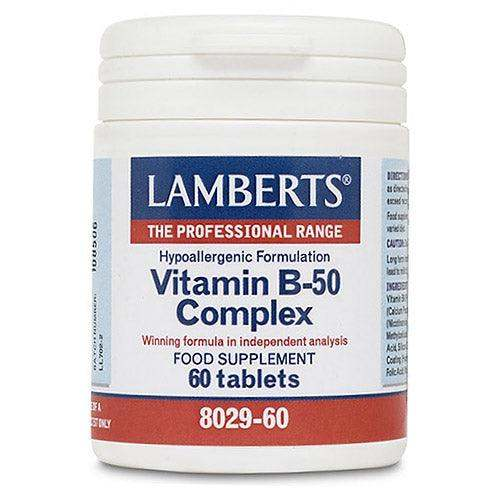
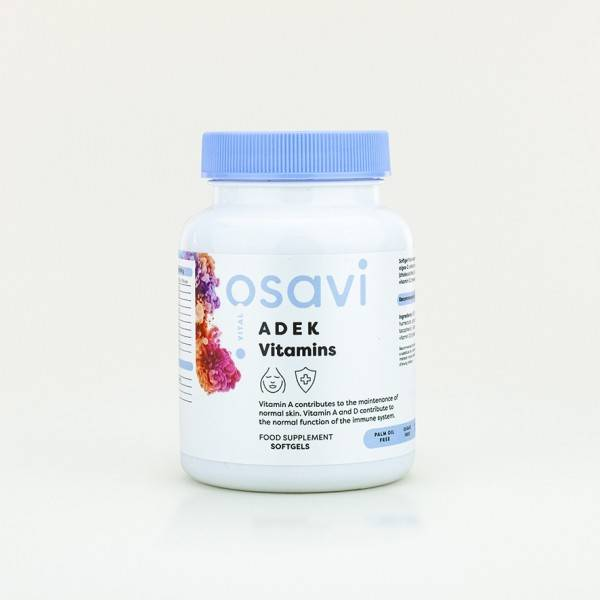
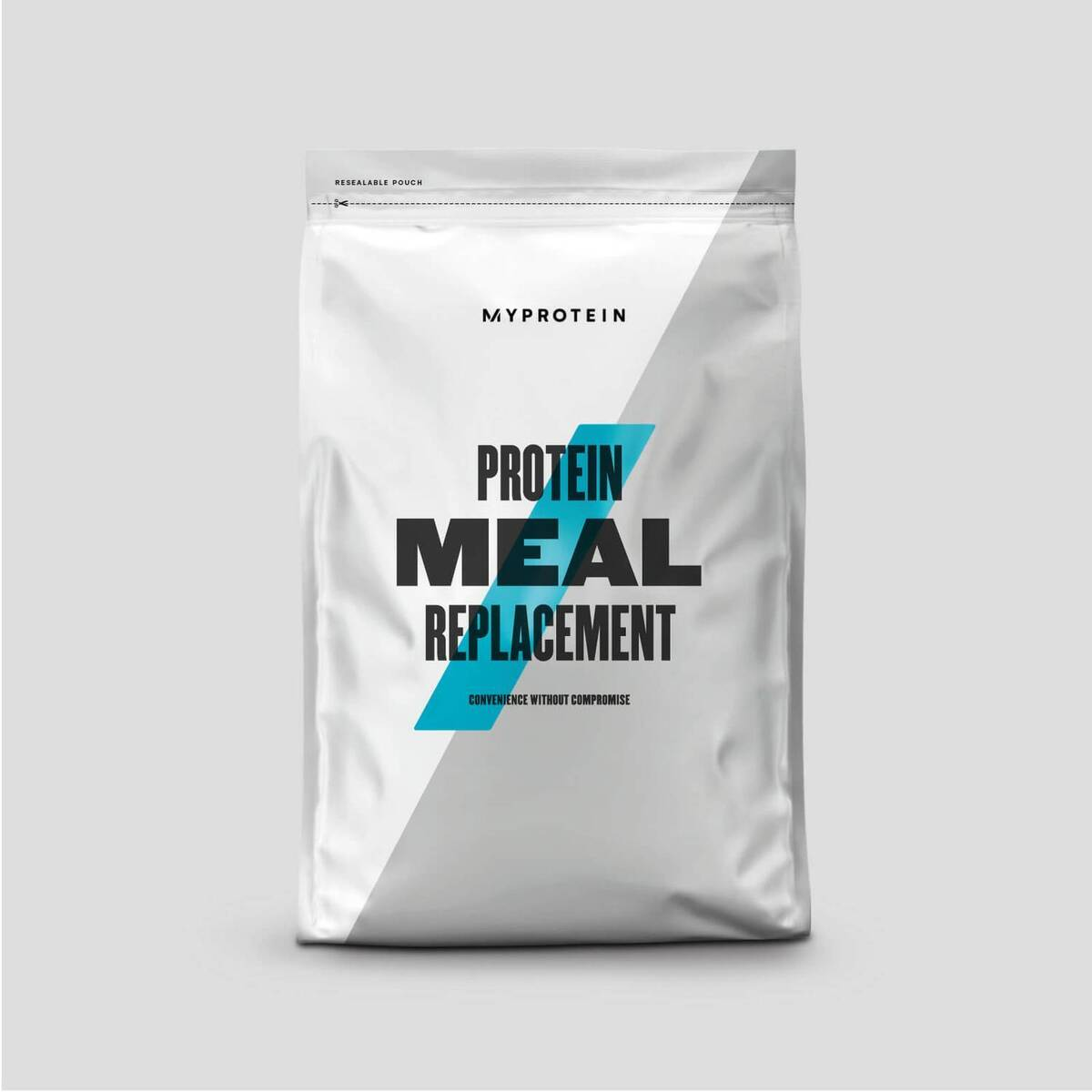

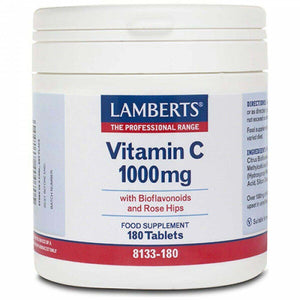



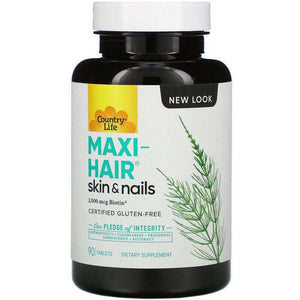
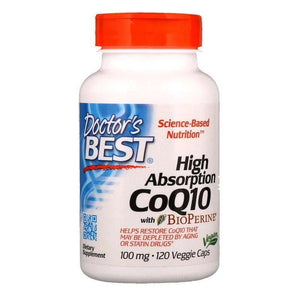
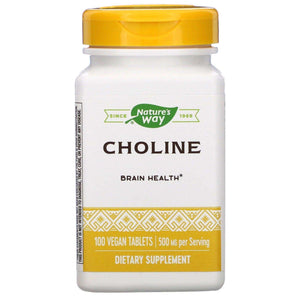







 Rated Excellent by 26,523+ Reviews
Rated Excellent by 26,523+ Reviews